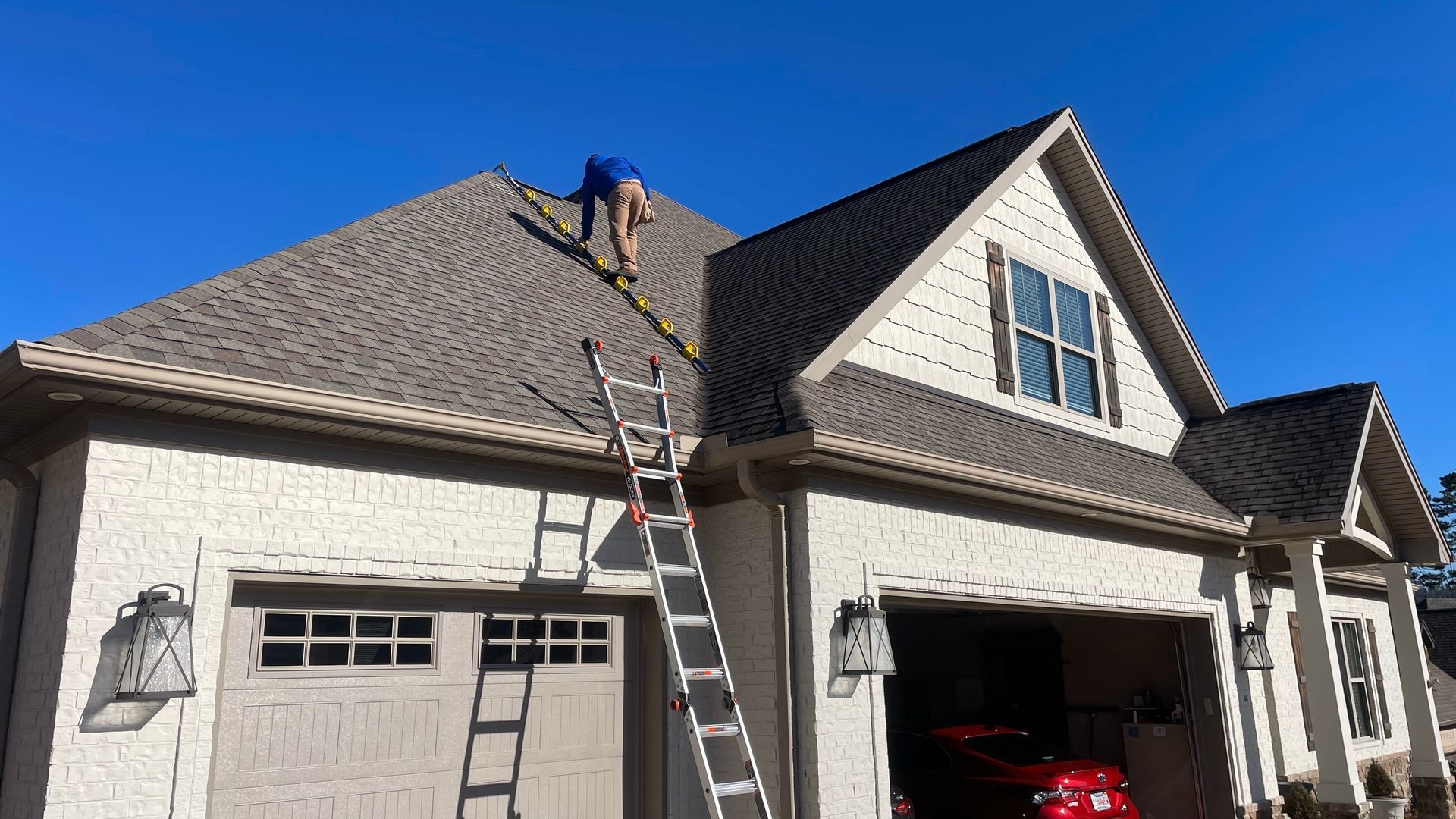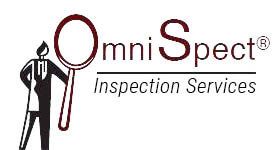Septic System Inspections in Dover, NH: What to Expect with Omnispect Home Inspection Services
A properly functioning septic system is essential for any home that relies on one. Whether you’re buying a new property, maintaining your current system, or noticing potential issues, a professional septic inspection is the key to ensuring everything is in working order. If you’re in Dover, NH, or the surrounding areas, Omnispect Home Inspection Services provides thorough and reliable septic system inspections to keep your system running efficiently and avoid costly repairs down the road.
In this blog, we’ll break down the septic inspection process, common issues found, signs that indicate your system needs attention, preventative maintenance tips, and how factors like soil type can affect your system. Read on to ensure your septic system stays in top shape!
Understanding the Septic Inspection Process
A septic inspection isn’t just a routine check—it’s a crucial step in preventing major system failures. Omnispect Home Inspection Services follows a detailed, multi-step process to evaluate your system’s health and functionality:
- Preliminary Assessment – Inspectors gather background information on your septic system, including installation date, past maintenance records, and signs of past issues.
- Tank Inspection – The septic tank is examined for cracks, leaks, and sludge buildup. Inspectors may pump the tank to assess internal conditions.
- Drain Field Examination – The drain field is checked for saturation, odors, and pooling water, which may indicate a clog or failure.
- Flow Test – Water is run through the system to evaluate drainage efficiency.
- Soil Testing – In some cases, soil type and absorption capabilities are assessed to determine how well your system can handle wastewater treatment.
- Final Report & Recommendations – A full report details the condition of your system and any necessary repairs or maintenance recommendations.
Common Issues Found During Septic Inspections
Many homeowners don’t realize there’s an issue with their septic system until a serious problem occurs. Some of the most common issues found during a septic inspection include:
- Excess Sludge Buildup – If not pumped regularly, sludge can accumulate and clog the system, leading to backups.
- Drain Field Failure – A saturated drain field prevents proper wastewater filtration, causing standing water and foul odors.
- Cracked or Damaged Tank – Concrete and plastic septic tanks can develop cracks, leading to leaks and groundwater contamination.
- Clogged Pipes – Grease, solids, and non-biodegradable materials can create blockages in pipes, reducing efficiency.
- Tree Root Intrusion – Roots from nearby trees or shrubs can penetrate the septic system, leading to pipe damage and costly repairs.
If any of these issues are detected, Omnispect Home Inspection Services will provide clear, professional guidance on how to fix the problem before it worsens.
Preventative Maintenance Tips for Your Septic System
A well-maintained septic system can last for decades without major issues. Here are some simple yet effective ways to extend its lifespan:
- Schedule Regular Pumping – Have your septic tank pumped every 3-5 years to prevent sludge buildup.
- Be Mindful of What You Flush – Avoid flushing wipes, grease, paper towels, and chemicals that can damage your system.
- Use Water Efficiently – Spread out laundry loads, fix leaks, and use water-saving appliances to reduce strain on the system.
- Protect the Drain Field – Avoid parking cars, planting deep-rooted trees, or installing structures over the drain field.
- Monitor for Early Warning Signs – Watch for slow drains, gurgling sounds, sewage odors, or standing water near your drain field.
By following these simple maintenance steps, you can prevent costly repairs and ensure your system continues running smoothly.
Signs Your Septic System Needs Attention
If your septic system is failing, you may start to notice these warning signs:
- Slow Draining Sinks & Toilets – If your plumbing is slow to drain, it could mean your tank is full or there’s a blockage.
- Sewage Backups – Any sign of sewage backing up into your home is an emergency that requires immediate attention.
- Unpleasant Odors – A strong sewage smell around your home or yard suggests a leak or failing drain field.
- Standing Water or Lush Grass – Water pooling in the yard or unusually green grass near the drain field can indicate excess moisture from an overworked system.
- Gurgling Noises in Plumbing – If you hear bubbling or gurgling from your pipes, it could be a sign of a problem in the septic system.
If you notice any of these signs, don’t delay—contact Omnispect Home Inspection Services for a professional septic inspection.
The Impact of Soil Type on Your Septic System
Dover, NH, and the surrounding areas have varied soil compositions, which can affect how well your septic system operates. Some common soil-related challenges include:
- Sandy Soils – Drain quickly but may not filter wastewater effectively, leading to potential contamination.
- Clay Soils – Drain slowly and can cause water retention, increasing the risk of system failure.
- Loamy Soils – Provide the best balance of drainage and filtration, making them ideal for septic systems.
If you're unsure how your property’s soil type impacts your septic system, a professional inspection and soil test from Omnispect Home Inspection Services can provide clarity.
How to Prepare for a Septic Inspection
Preparing for a septic inspection helps ensure the process runs smoothly. Here’s what you can do:
- Locate Your System – Know where your septic tank and drain field are located.
- Gather Maintenance Records – Provide any available history of past pumpings, repairs, or inspections.
- Limit Water Usage Before the Inspection – This allows inspectors to accurately test drainage and identify any slow-flow issues.
- Clear Access to the Septic Tank – Remove obstacles or debris that might block the tank’s entry point.
By taking these simple steps, you’ll help Omnispect Home Inspection Services complete a thorough and efficient inspection.
Trust Omnispect Home Inspection Services for Your Septic System Inspection in Dover, NH
A septic system is one of the most important parts of your home’s infrastructure. Whether you need a routine inspection, are buying a new home, or suspect an issue, Omnispect Home Inspection Services provides expert septic inspections in Dover, NH, and surrounding areas.


